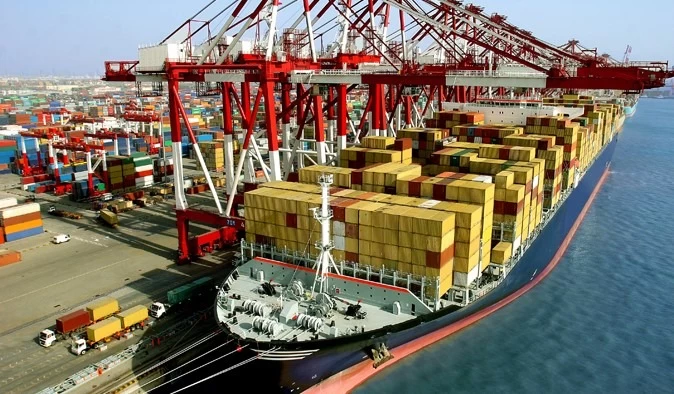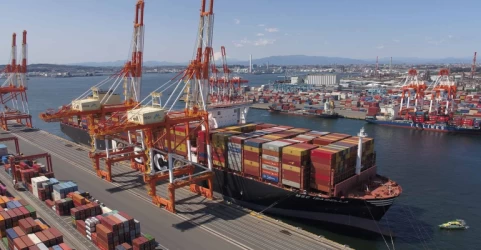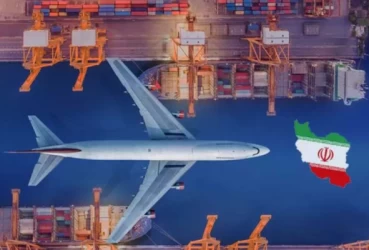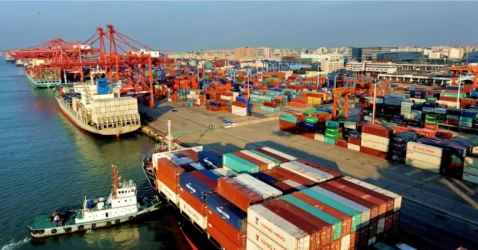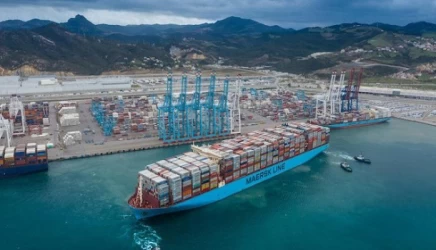Sea Freight in Karachi Port
Karachi Port, located on the Arabian Sea, is one of the largest and busiest deep-water seaports in South Asia. It handles approximately 60% of Pakistan’s cargo, making it a critical hub for the country’s trade and economic activities. The port’s strategic location near major shipping routes, such as the Strait of Hormuz, enhances its significance in global maritime trade.
Historical Background
The history of Karachi Port is deeply intertwined with the city of Karachi itself. The port’s origins can be traced back to ancient times, with references to ports like “Krokola” and “Morontobara” in historical texts. The modern port began to take shape in the 18th century when merchants relocated to the area due to silting at the nearby Kharak harbor. By 1857, the Karachi Port Trust was established to oversee the port’s operations.
Infrastructure and Facilities
Karachi Port boasts extensive infrastructure to support its vast operations. The port covers an area of 32 kilometers and has 41 berths and 8 wharfs. It can accommodate vessels with a draft depth of up to 16 meters, allowing it to handle large container ships and bulk carriers. The port is equipped with modern facilities, including container terminals, bulk cargo terminals, and oil piers.
Cargo Handling and Volume
The port handles a diverse range of cargo, including containers, bulk cargo, and liquid cargo. Annually, it manages around 65.25 million metric tons of cargo and 1.563 million TEUs (Twenty-foot Equivalent Units) of containerized cargo. The port’s efficient cargo handling capabilities are supported by advanced equipment and technology, ensuring smooth and timely operations.
Key Players and Services
Several key players operate within Karachi Port, providing a range of services to facilitate sea freight. Companies like Sea Fast Shipping (Pvt) Ltd and Eastern Sea Transport Pvt Ltd offer freight forwarding, NVOCC (Non-Vessel Operating Common Carrier) services, and custom clearance. These companies play a vital role in ensuring the seamless movement of goods through the port.
Economic Impact
Karachi Port is a cornerstone of Pakistan’s economy. It serves as a gateway for the country’s imports and exports, supporting various industries, including textiles, agriculture, and manufacturing. The port’s operations generate significant revenue and employment opportunities, contributing to the economic development of Karachi and the broader region.
Challenges and Future Prospects
Despite its importance, Karachi Port faces several challenges. Congestion, outdated infrastructure, and security concerns are some of the issues that need to be addressed to enhance the port’s efficiency and competitiveness. However, ongoing modernization projects and investments in infrastructure are expected to improve the port’s capabilities and position it as a leading maritime hub in the region.
Conclusion Sea Freight in Karachi Port
Karachi Port’s strategic location, extensive infrastructure, and efficient operations make it a vital component of Pakistan’s sea freight industry. As the port continues to evolve and modernize, it is poised to play an even more significant role in global trade, driving economic growth and development in the years to come.
If you have any specific questions or need more details about Karachi Port, feel free to ask!

